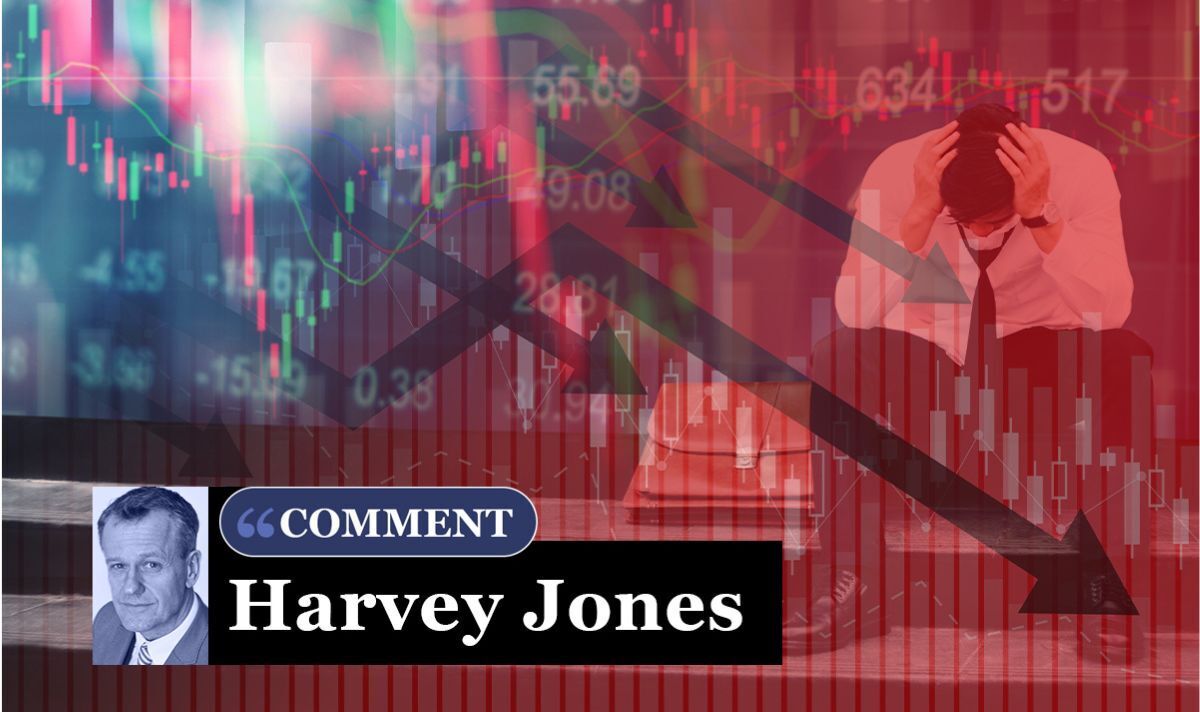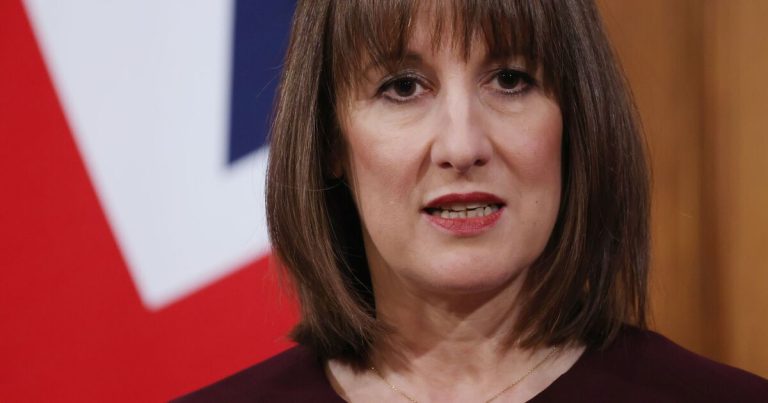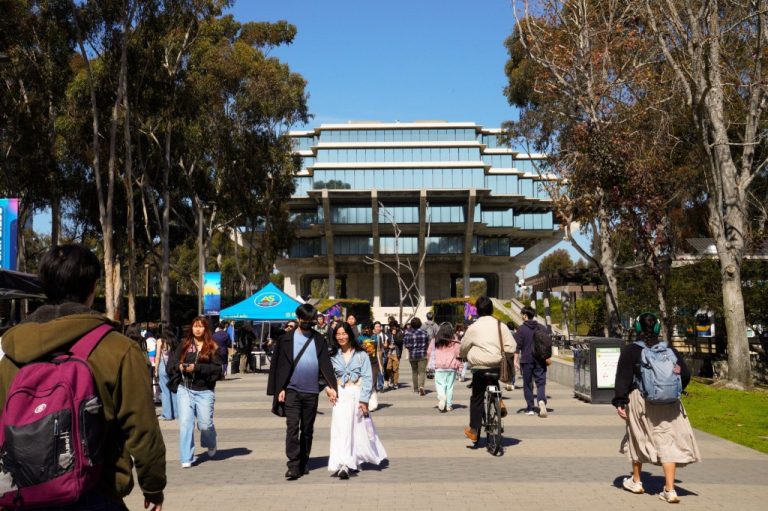
In November 2008, the late Queen Elizabeth famously asked a group of economists why nobody noticed that a financial crisis has been coming.
In fact, several economists had been alerting the world to the growing danger, but their warnings were overlooked.
Step forward Jeremy Grantham, Peter Schiff and Nouriel Roubini, who are now urgently warning that we are charging towards an even bigger disaster.
These men aren’t hoaxers, internet cranks or crazed survivalists, but among the most respected financial experts in the world.
One of them is even a noble prize-winning economist. All have the same message, and it makes terrifying reading.
I reported on one of them last week, renowned US investor Jeremy Grantham, who didn’t just predict the great financial crisis of 2007/08, but the dot.com crash of 2000, too.
He is warning that years of cheap money and interest rates have created a “superbubble” that will shortly burst.
When that happens, stock markets could fall between 27 percent and 50 percent, depending on how lucky we are, Grantham says.
He says the situation is “ominous” and in a crash this big “almost everybody gets hurt”.
If it was just one man saying these things – no matter how admired and experienced – it would be easier to dismiss.
Unfortunately, Grantham isn’t alone.
Economist Peter Schiff, chief executive of Euro Pacific Asset Management, also saw trouble brewing in 2007.
In August 2006, he said the US “is like the Titanic and I am here with the lifeboat trying to get people to leave the ship. I see a real financial crisis coming”.
Later that year, he warned that property prices were “going to come crashing back down to earth” and we were heading for a “deep recession”. A few months later, the sub-prime mortgages mis-selling scandal broke.
Today he is just as worried, warning that the US banking system is “a house of cards that is starting to collapse”.
Schiff said last month central bankers like the US Federal Reserve have created an even bigger bubble than in 2007, through years of low interest rates and other monetary stimulus.
Last month’s banking crisis is the cusp of a much worse financial crisis, he added. “The US economy is poised on the biggest economic disaster in its history.”
Which is chilling stuff.
But not as chilling as Nouriel Roubini, the Nobel prize winning economist I mentioned earlier.
He won the nickname Dr Doom after correctly predicting that the credit crunch would trigger a systemic financial crisis and global recession.
Today, Dr Doom is even gloomier. Last month, he said a “severe recession” is likely in the next year thanks to a “Bermuda Triangle” of dangers to the global economy.
It will end in the “mother of all debt crises”. Brace yourselves.
READ MORE: Bank of England to make horror mistake by hiking interest rates again
Roubini warned about the “huge build-up of debt” worldwide, as households, businesses, governments and even whole countries are effectively bankrupt.
He described them as “zombies” that were only kept alive by years of low interest rates.
The meltdown isn’t far away: “It’s too late to find a solution that prevents a hard landing and prevents severe financial stresses,” Roubini said.
This is frightening stuff and there are certainly reasons to be worried right now. We all know the mess we’re.
Yet it’s also worth noting that all three men are famous “perma bears”, which means they take a constantly bearish (negative) view of the global economy, as opposed to being positive and bullish.
I’ve been writing about finance for more than 25 years and in all that time, Dr Doom has been diagnosing Doom, Doom, Doom.
Grantham has also been predicting stock market collapses for years, while making a fortune from rising share prices.
Schiff is another perma-bear who has also been labelled Dr Doom, although in 2021 he rejected this nickname saying: “I’m not Dr Doom just Dr Reality.”
As Grantham has admitted, predicting a crash is easy, the hard part is saying exactly when it’s going to happen.
These three soothsayers get round this by repeatedly predicting the worst, year after year.
At some point, they have to be right.
Will it be this year? We’ll soon find out.




